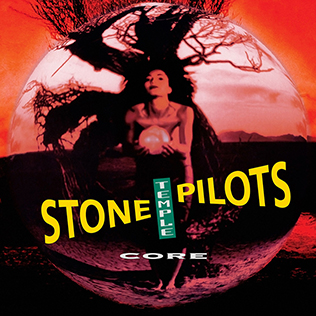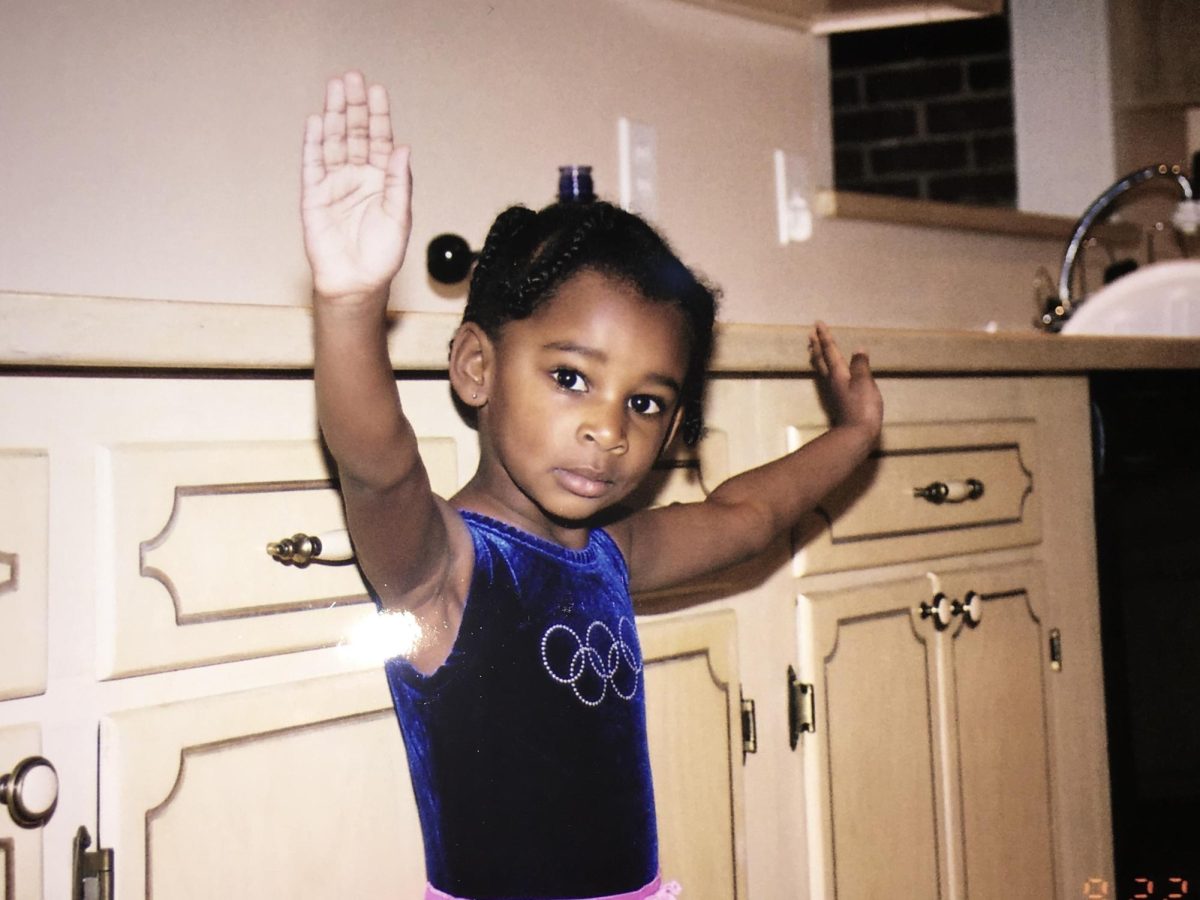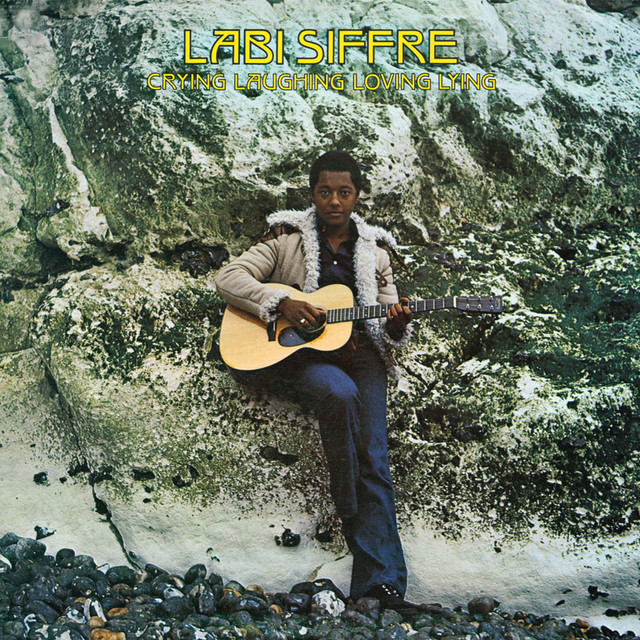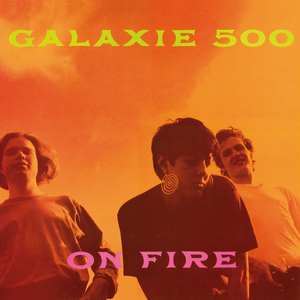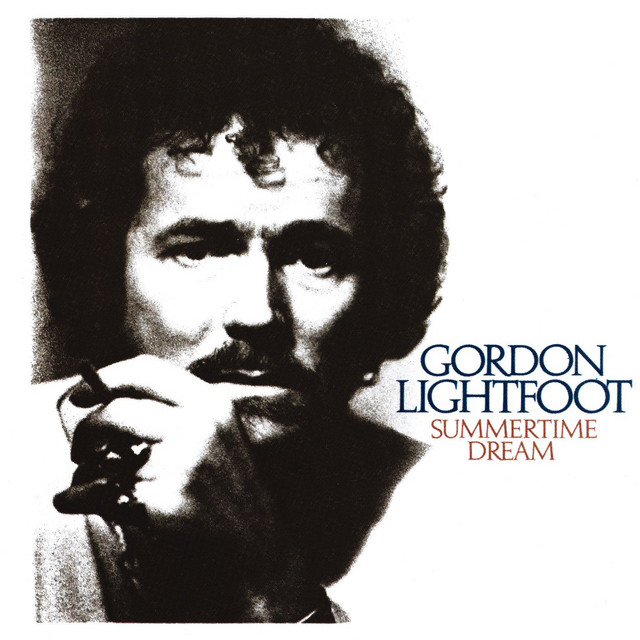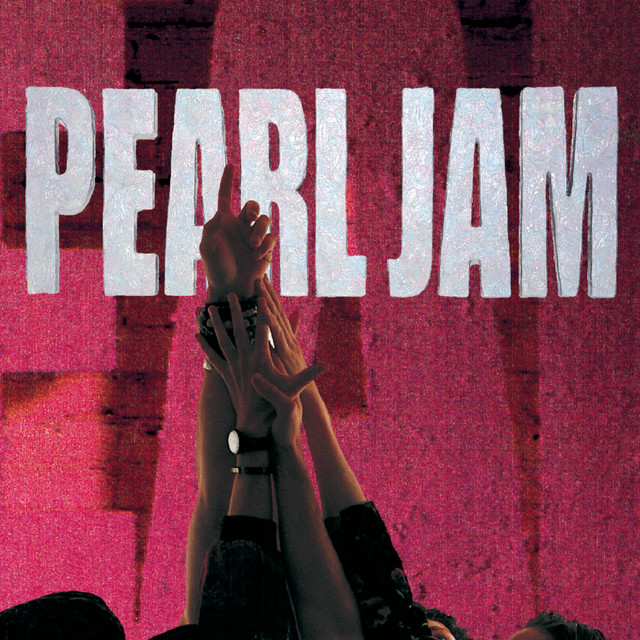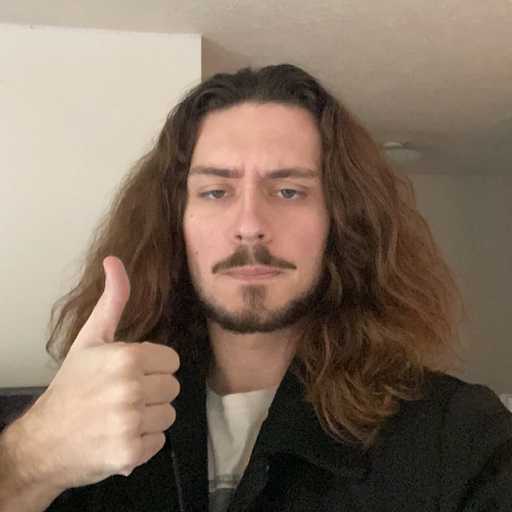It’s no secret that the ‘90s grunge movement had more than a few copycats who were more interested in the monetary aspect of the scene than the artistic. Bands who weren’t from Seattle, or really Washington in general, were seen as posers trying to move in and capitalize on the corporate takeover of the scene. Most famous amongst these “posers” was Stone Temple Pilots, a band out of San Diego who gave up their California roots in order to fully embrace the spirit of grunge. While singer Scott Weiland initially received criticism for sounding too similar to Eddie Vedder of Pearl Jam and Layne Staley of Alice In Chains, the band would eventually find itself placed among the Big 5 of the grunge movement, proving that Stone Temple Pilots were more than a group of bandwagoners who were in it for the cash.
In 1992, Stone Temple Pilots would release Core, widely considered their magnum opus and one of the best rock albums to come out of the ‘90s. According to Scott Weiland, the album was an attempt at returning to the album-oriented approach to music from the 1970s, with most of the songs revolving around “humanity being confused.” Within this album are some of the grunge movement’s most iconic songs. “Dead & Bloated” — quite possibly one of the best openers for an album in the ‘90s —, set the tone for the entirety of the band’s career, while songs like “Sex Type Thing,” “Plush,” and “Creep” would skyrocket the band into the mainstream. Those three songs in particular found heavy rotation on MTV and are fan favorites to this day. However, within this album is a song that receives very little attention from original and new STP fans alike. That song is “Sin,” one of the darker songs out of STP’s discography and one that perfectly captures the band’s struggle with hard drugs, relationships and their place in the music scene.
Opening with a dark and edgy guitar riff that rides just over a groovy bassline, guitarist Dean DeLeo skillfully builds the backbone of the song and flexes his ability to make a catchy and memorable guitar hook. Soon after a couple more bombardments of noise from DeLeo, the drums and bass settle back into hypnotic rhythm while a more barren version of the opening riff crawls around in the background, creating a foundation of noise for Scott Weiland to mount and continue building onto. The opening lines set the tone for the entire song: Religious imagery is used to evoke an image of power and holiness, while Weiland explores themes of desire and temptation.
“Holy water clouds my thinking /
Sinking low now /
Keep on drinking.”
Not long after, the song’s chorus kicks in, seemingly foreshadowing the band’s rise and fall from grace. The background instrumentation changes from gritty and mesmerizing to clean and powerful, highlighting STP’s ability to change the energy of their song in a single moment.
“Down you go, suffer long /
Down you go, sin make me strong /
Down you go, suffer long /
Down you go, sin make me strong, yeah.”
After, the distorted instrumentation found pre-chorus crawls back to the center of the listeners’ attention, while Weiland begins to allude to the destructive abilities of a one-sided relationship, something that Weiland and DeLeo have gone on record as saying was the inspiration towards this song. Weiland continues to draw up images of temptation, sacrilege and vulnerability, while the rest of the band skillfully dance between the unknown and known, tapping into their prior discography while also unveiling new layers of noise not previously recognized as within the band’s realm of talent. Finally, a new batch of lyrics, added onto the end of a chorus segment, paints a picture of excess: Weiland wails words of hopelessness at a bridge that was crossed long ago.
“So feel what were my eyes /
Sink into the holes in my eyes /
My sins have made me blind /
Sink into the holes in my eyes, yeah.”
After one more section of the familiar chorus, the instruments of the band come together to climb to an entirely different musical setting. A clean and melodic guitar glides over a more hopeful bassline, courtesy of Robert DeLeo, and the gentle patter of drummer Eric Kratz. A whole new feeling erupts from this section of the song, one bordering between possibility of change and the threat of falling back into patterns of destruction. Weiland’s lyrics during this section further highlight the effects of a manipulative relationship.
“Still shackled to the shadows /
Still shackled to the shadows /
That follow you.”
These lines repeat a couple times, until quite possibly one of the greatest instrumental segments out of the ‘90s makes an appearance. The calm and collected noise from the previous section ceases immediately with a heightening of Weiland’s vocals, and Dean DeLeo’s guitar lets out a wail akin to a banshee, riding high alongside earth shaking drumbeats and an ever-frantic baseline. The guitar, however, is the star in this section, riding over hills of distortion to reach an almost mystical conclusion that’s only possible when listening to Stone Temple Pilots. The venomous riff from the beginning of the song makes one last appearance after the solo, returning the listener to the dark and mysterious world that they found themselves in at the very beginning.



